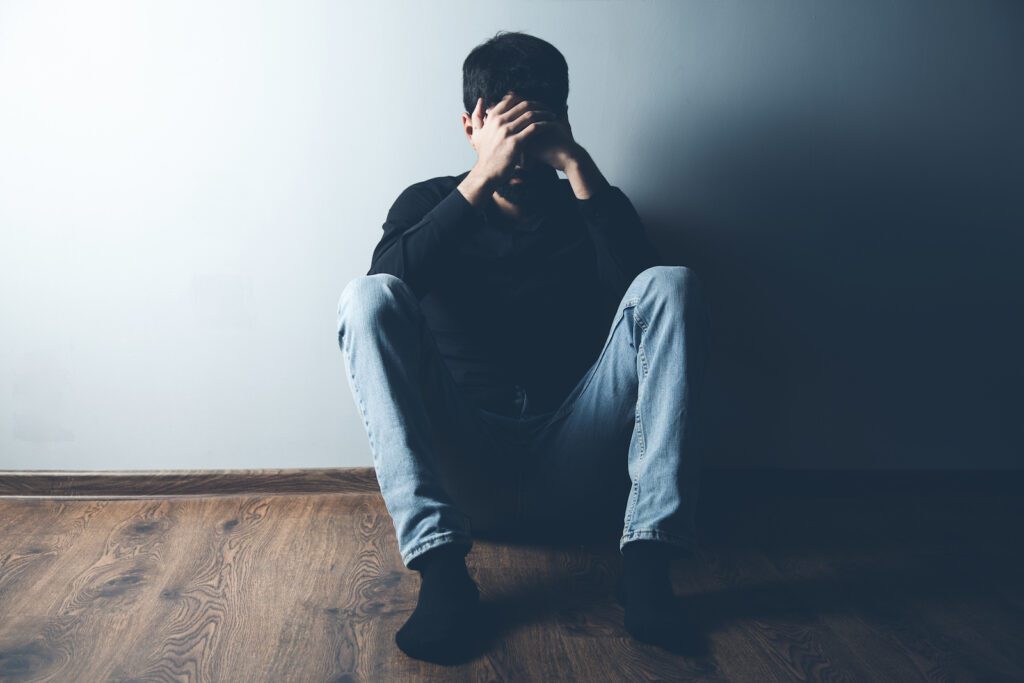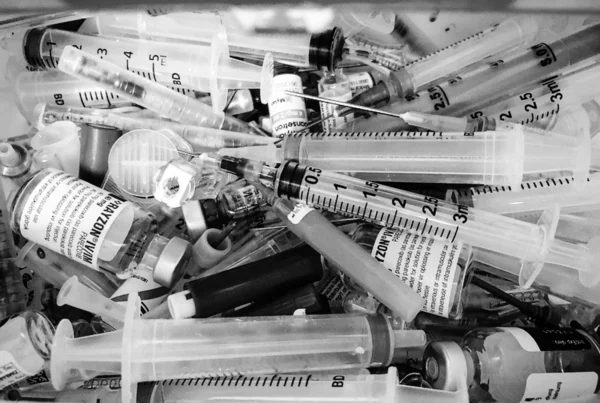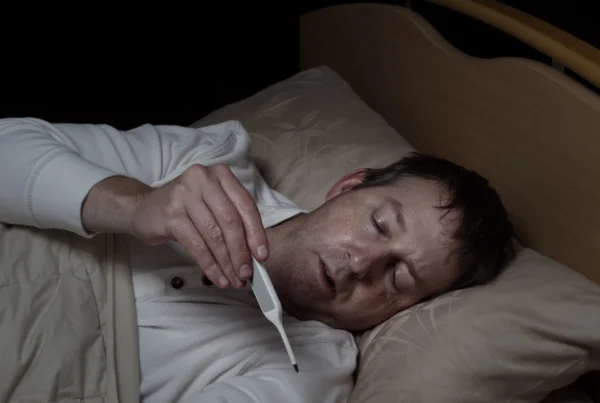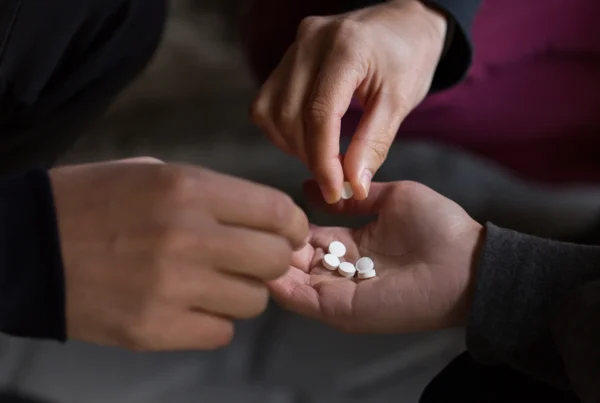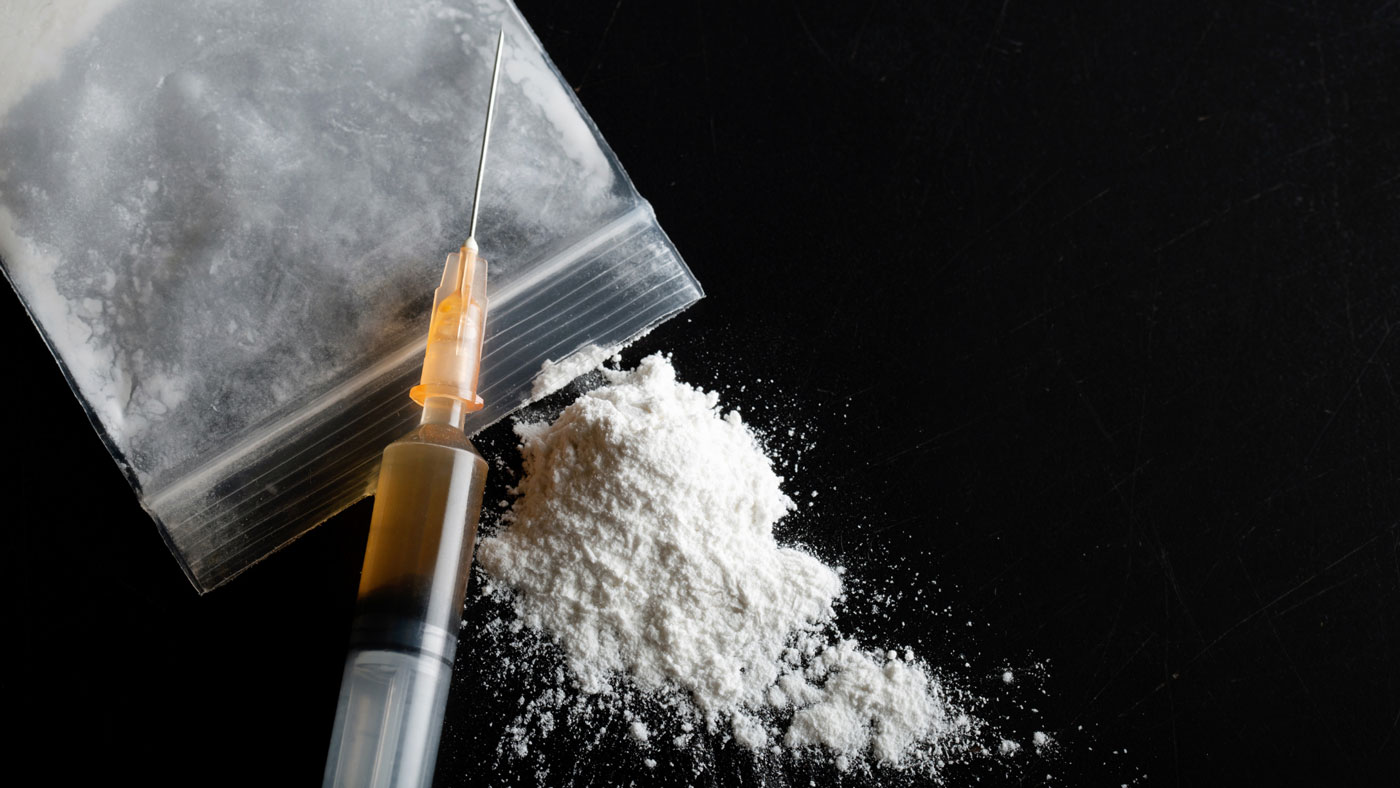
Table of Contents
The heroin crisis is at an all-time high, and because of that, there is now also an epidemic of heroin overdoses that claim the lives of thousands of loved ones and family members every year. Overdoses, contaminants, and many other dangers are unfortunate realities of the continuing abuse of opiates such as heroin. Heroin is one of the most popular opiates, all of which are derived from the opium poppy.
Heroin is a cheap and powerful opiate that is incredibly addictive, affordable, and accessible anywhere you can visit. Heroin is one of the most dangerous and effective recreation opiate depressants. This means it depresses many of the vital functions of the body, including heart rate, respiration, and central nervous system.
Heroin causes the brain to release quantities of dopamine when used, leading to the feeling of intense euphoria the users report, but this eventually takes its toll on the brain’s chemistry and the neurotransmitter levels that it is responsible for regulating. One of the parts of heroin addiction that makes heroin withdrawal so difficult, painful, and often unsuccessful, is the way that heroin interferes with the brain’s reward system. It creates a very strong use and reward system, reinforcing an intense chemical dependency.
The withdrawal symptoms are often painful and unpleasant enough that the heroin user will return to using simply to avoid feeling those symptoms. This keeps reinforcing the use and reward cycle, except for many people at this point, they no longer get the desired effect without taking more heroin, so they settle for taking enough to not feel withdrawals.
Heroin Withdrawal Side Effects & Symptoms
Depending on a great many factors, including the individual’s use, length of habit, and method of administration, the heroin withdrawal can be incredibly dangerous, painful, and severe, or it can be relatively manageable with a bit of help. The length of the withdrawal will also vary, and many of the symptoms will come and go separately.
Many users report the feelings of the heroin withdrawal symptoms to feel like a very intense and bad case of the flu or a cold. It lasts around a week, with the symptoms often reaching their peak right in the middle, around day two or three, and then beginning to subside and taper off. This experience is widely variable, however.
The side effects and symptoms of heroin withdrawal include:
- Abdominal pain and cramping
- Intense nausea, vomiting, and diarrhea
- Shaking, muscle spasms, and tremors
- Nervousness, agitation, and intense mood swings
- Uncontrollable sweating with chills, no matter the ambient temperature
- Intense cravings for heroin, often bordering on desperation
- Anxiety, panic, and confusion
- Delusions and hallucinations
Heroin Withdrawal Timeline
The bulk of the heroin withdrawal occurs over the course of a week, with most of the major physical symptoms fading away after that, leaving the more challenging and long-lasting mental and psychological symptoms.
The first phase starts within six to eight hours of the last dose and is the acute withdrawal phase. The first indication that this stage is beginning is the muscle aches and pains that will build over the course of about 48 hours. This stage will also see panic, insomnia, and diarrhea.
The next phase of the withdrawal timeline will last from 1 to 3 days after the last dose, and will be the peak of the physical symptoms’ severity and intensity. The symptoms are in full swing, and the individual will likely be experiencing intense abdominal cramping, uncontrollable sweating, shaking, chills, and vomiting.
This stage can be accelerated with the help of some prescription medications which can force an immediate detox of the individual by binding to the opioid receptors more aggressively, but not offering the same effect. This can be incredibly painful and jarring, however, and is often only used in emergency situations. There are also medications that can help mitigate the symptoms without affecting the detox timeline, making them a much softer option for those that may have a significant detox ahead of them.
The final stage of the heroin withdrawal timeline is at around one week from the last dose. This is generally known as the “end” of the acute withdrawal phase. This is the point when the physical symptoms will start to taper off and disappear if they haven’t already. There is the likelihood that the individual will retain some significant mental and psychological symptoms for quite some time, but they should be manageable with continued counseling. This is generally referred to as the “post-acute withdrawal syndrome” which can last for months and even years following the last use, meaning long-term recovery success is crucial.
Those that have a history of heavier or more prolonged use will often experience more significant duration to the post-acute withdrawal stage. This can mean months of poor sleep and restlessness, lack of focus and poor concentration, elevated anxiety, depression, increased feelings of panic leading to occasional panic attacks, persistent fatigue, hypersensitivity, increased irritability, mood swings, and even memory loss. Many individuals find that the effects on their behavior and mood will drag on for months following their initial detox. As the individual maintains their successful recovery, however, the symptoms will eventually fade.
Why You Need Professional Help for a Heroin Withdrawal
Heroin is a dangerous and complex drug that if you or someone you care about is thinking about going through heroin withdrawal, it really should be done in a safe space with qualified supervision. There are many medical complications that can happen during the withdrawal from heroin, and occasionally these can even result in injury or death if they occur without medical assistance nearby. There can be deadly levels of dehydration, the risk of seizure, inhalation of the vomit, and more.
By working with an experienced treatment center, the individual seeking recovery can ensure that they are detoxing in the safest environment possible. They can follow up by creating a treatment and counseling plan to maintain recovery going forward.
Reach out today if you or a loved one is struggling with an addiction to heroin. Do not let another precious moment slip you by while being gripped by the dangerous cycle of addiction: you deserve much better than that.
Sources:
Ocean Recovery has strict sourcing guidelines and relies on peer-reviewed studies, academic research institutions, and medical associations for our references. We avoid using tertiary references as our sources. You can learn more about how we source our references by reading our editorial policy.
1. Hartney E. What to Expect From Heroin Withdrawal. Verywell Mind. Published March 24, 2020. Accessed July 31, 2022. https://www.verywellmind.com/what-to-expect-from-heroin-withdrawal-22049
OCEAN RECOVERY EDITORIAL GUIDELINES
The internet contains a vast amount of misinformation, but when it comes to your health only peer reviewed, research centered data matters. At Ocean Recovery, all content published throughout our website has been rigorously medically reviewed by a doctorate level clinician, and cross checked for medical accuracy. Our editorial process helps our readers trust that the information they are consuming is factual and based upon scientific data. Your health is our top priority, find out more about how we safeguard the integrity of information on our website. Read More About Our Process


